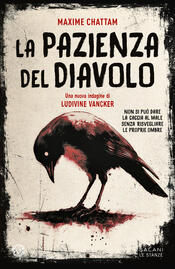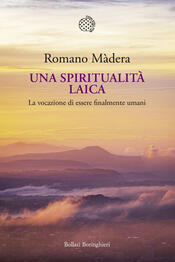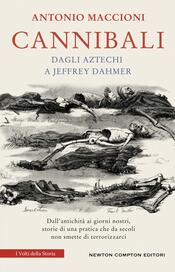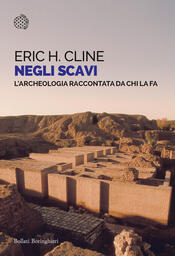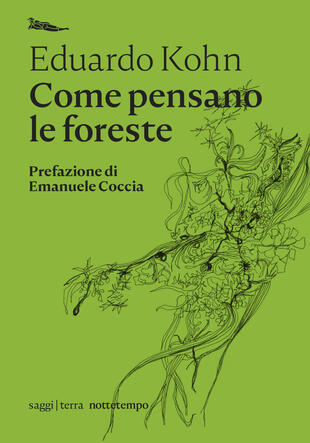

Sinossi
Le foreste pensano? E perché, nella foresta di Ávila, i cani sognano? In questo libro, Eduardo Kohn sfida i fondamenti stessi dell'antropologia, mettendo in discussione i presupposti di base su cosa significa essere umani, e per questo distinti da tutte le altre forme di vita. Dopo quattro anni di lavoro sul campo tra i Runa dell'Alta Amazzonia, in Ecuador, il ricercatore attinge alla ricca etnografia e biologia dell'immensa e minacciata foresta "pensante" per esplorare come i popoli amazzonici interagiscono con le numerose creature che abitano uno degli ecosistemi più complessi al mondo. Se focalizziamo l'osservazione antropologica sulle modalità in cui gli umani entrano in relazione con gli altri esseri viventi, il tradizionale punto di vista occidentale dell'analisi, che ha l'effetto di separarci dal resto del mondo, collassa. Tuttavia, la novità maggiore del saggio sta nell'evidenziare che questo collasso può rappresentare un'opportunità: approfondendo come le nostre vite e quelle degli altri viventi siano inestricabilmente interconnesse nella grande rete della foresta, davanti a noi si dischiudono nuovi strumenti concettuali e nuove visioni ispirate alla catena delle interrelazioni e al linguaggio con cui il resto del mondo parla e ci parla. In questo lavoro rivoluzionario, Kohn conduce dunque l'antropologia verso una direzione inedita ed entusiasmante, offrendo un modo più ampio e aperto di pensare a un pianeta radicalmente condiviso. Prefazione di Emanuela Coccia.
- ISBN: 8874528949
- Casa Editrice: Nottetempo
- Pagine: 448
- Data di uscita: 24-06-2021
Recensioni
Note to self: if you write a book about how FORESTS think, define what you mean by 'forest'. This book is all about thinking, and many different ways of thinking, by many different thinkers in a forest. But if you are wanting to read something about the agency and thinking of the actual trees or oth Leggi tutto
The best book I've read that I can't recommend to anyone. Readers must be comfortable with ontological, epistemological, anthropological thinking with an understanding of semiotics.
This was a crushing disappointment. His AE essay on how dogs dream was terrific and made me briefly hopeful that he was someone pursuing the ontological turn who was equally ready to look at both political economy and Viveiros de Castro. But really there's nothing even remotely like that here. Inste Leggi tutto
Eduardo Kohn’s How Forests Think: Toward an Anthropology Beyond the Human asks humans to understand the world through the perspectives of other than humans. Further, through his research, Kohn encourages anthropologists to engage in ethnography beyond the human. Kohn weaves his own ethnographic rese Leggi tutto
I would not have been so frustrated by this book if it had a different title. Or if it didn't make its mission so all-encompassing. Like listen to this statement: "if 'we' are to survive the Anthropocene -- this indeterminate epoch of ours in which the world beyond the human is being increasingly mad Leggi tutto
I'm having a hard time processing this book into 'regular' language. I suppose that means I haven't understood it so well, which is likely true. The language is so densely academic that I understand while I'm reading (or think I do) but have a difficult time relaying what I've understood. The author Leggi tutto
My Aussie eco-poetic friend Stuart Cooke gave this 3 stars, and I respect him, but I found the book completely preposterous, and I did want so much to like it. But Eduardo Kohn hyper-romanticizes the Amazonian Runa as the nearly perfect community, the paragons for all of us (in large part, no doubt, Leggi tutto
Citazioni
Al momento non ci sono citazioni, inserisci tu la prima!










